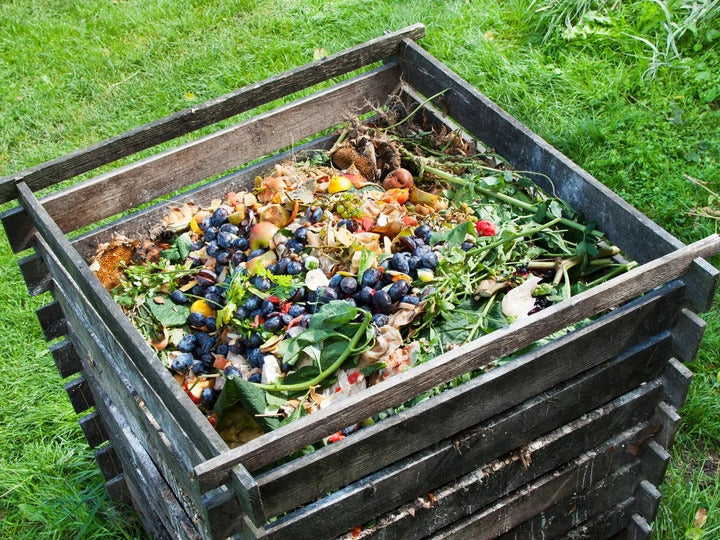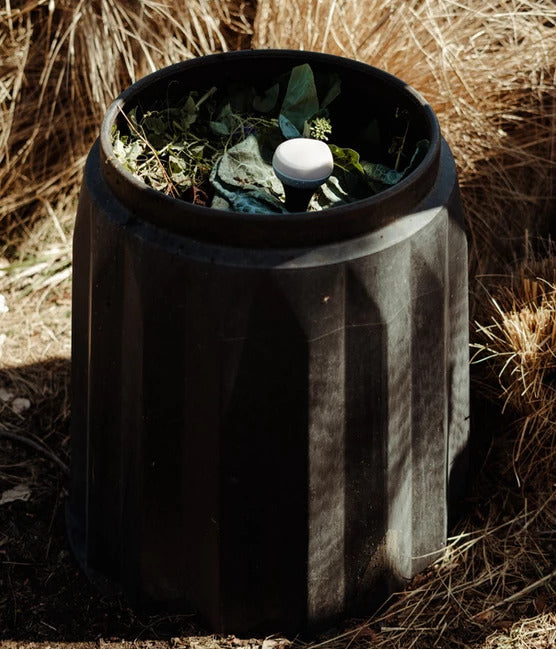What are the best solutions you can think of to climate change? Odds are renewable energy and electric cars were in there somewhere and compost probably wasn’t … but it should be.
Practically all leading sources of climate change news, from NASA to Scientific American, promote 100% conversion to renewable energy, mass infrastructure upgrades and geo-engineering as our best solutions to climate change. Maybe that’s true but they’re definitely not the most realistic.

All of these supposed fixes to climate change are highly capital-intensive, controversial and contestable. They would need huge buy-in from countless stakeholders and the willingness of everyone to radically change their behaviours. In short, they’re going to happen slowly and may never be fully implemented.
Climate change is happening right now so we need easy to implement, readily available solutions. This is where compost comes in. It’s inexpensive, economically viable and would have immediate impact. This, and for so many more reasons, makes compost one of our best weapons in the fight against climate change.

The most obvious is that it diverts organic waste from going to landfill, where it would have generated potent methane emissions during decomposition. Here it also creates leachate which seeps into waterways, leading to algae blooms and marine ecosystem breakdowns. Communities around landfills are also directly affected by the air pollution and disease vectors it produces.
A less recognised but no less important benefit of compost is that the end product is an organic fertiliser that can substitute synthetic and nitrogenous fertiliser. These are some pretty deadly products, causing huge amounts of pollution and emissions during extraction, transportation and use. One consequence is the production of nitrous oxide, a greenhouse gas three times more potent than carbon.
Organic fertilisers are better in every way, capable of retaining moisture (meaning they require less watering), restoring micronutrients and improving tillage.

Finally, people always so much talk about industrial carbon capture technologies - giant fans that try to suck the pesky gas out of the atmosphere - forgetting nature has already made one! When that amazing organic fertiliser is applied to soil, it enhances the carbon capturing properties of soil, which have been destroyed by industrial agriculture.

The organic material in compost immediately begins sucking up carbon in the atmosphere. Once stored in the soil, it can remain there for centuries in a stable state.
These are the big three ways compost mitigates climate change but it has so many indirect impacts and it achieves all of them while promoting economic growth, creating jobs and adapting to existing lifestyles.
There’s a lot of organic waste out there though and to realise these benefits, all of it needs to be recycled. Estimates put composting of organic waste at around 10%. That could be taken to 100% tomorrow but only with the same dedication, investment and belief that we put into other solutions.
At Monty, we're working to reach that 100%. Find out how by following our socials - Facebook, Instagram and TikTok!




Leave a comment
This site is protected by hCaptcha and the hCaptcha Privacy Policy and Terms of Service apply.